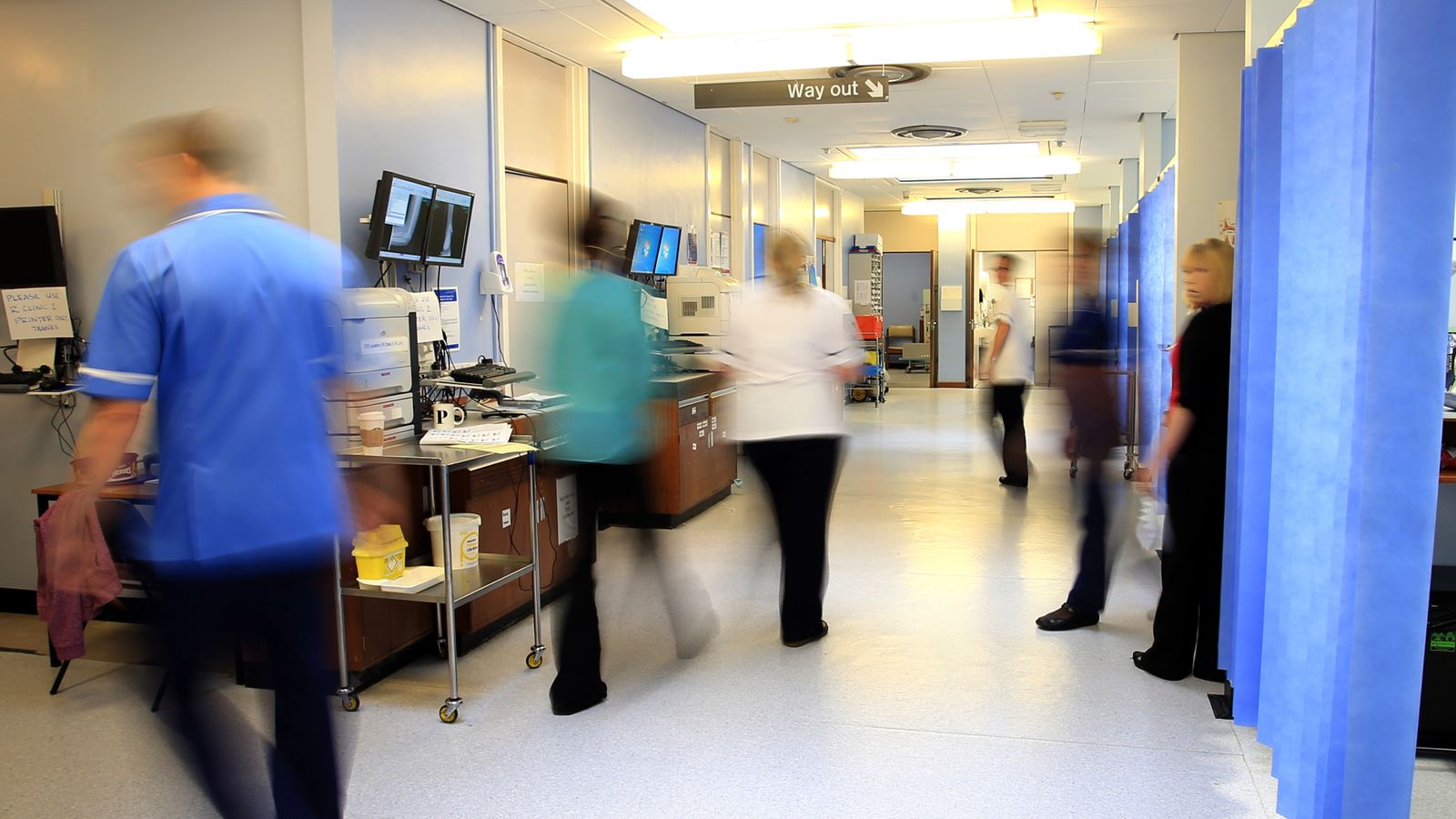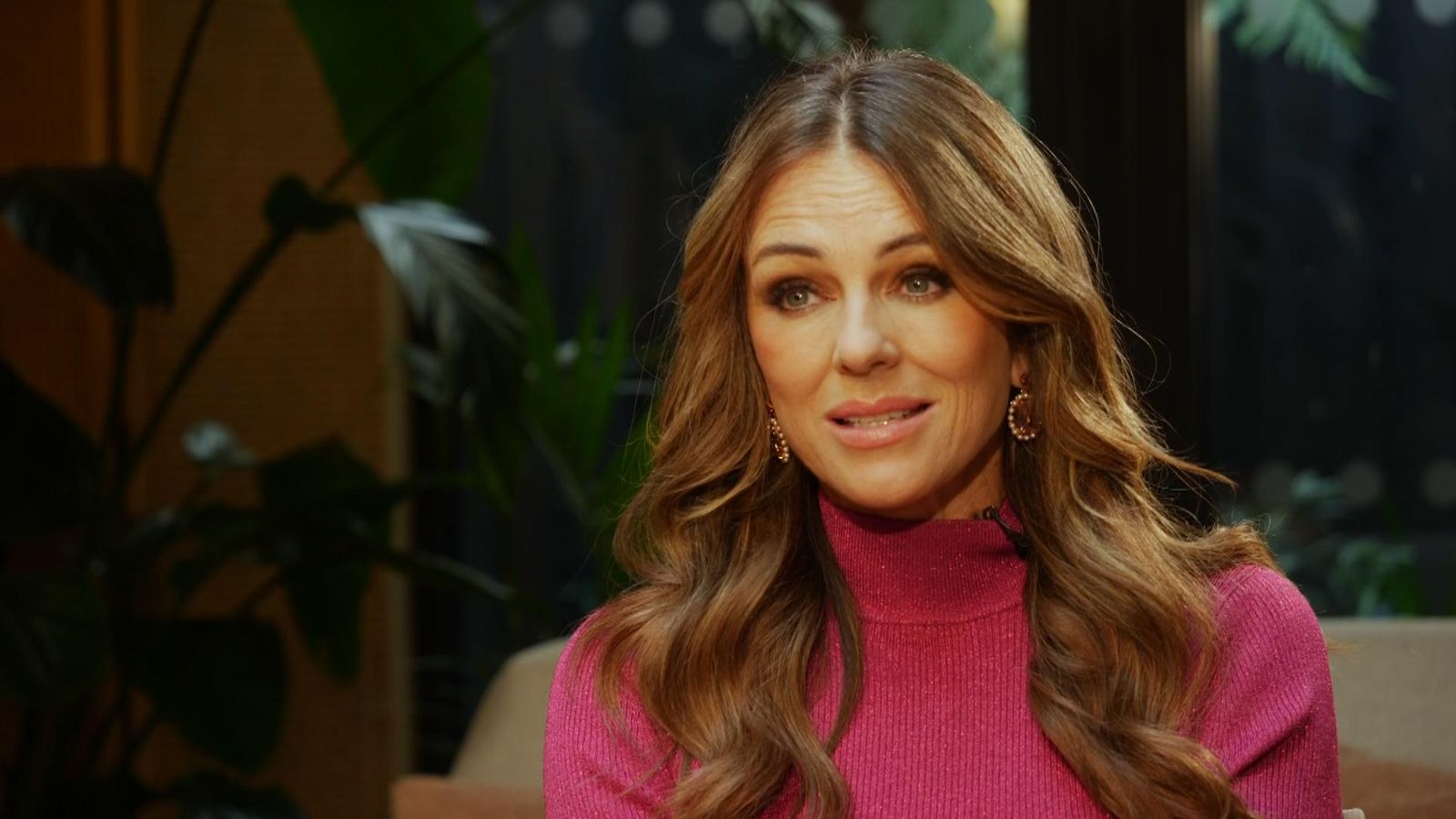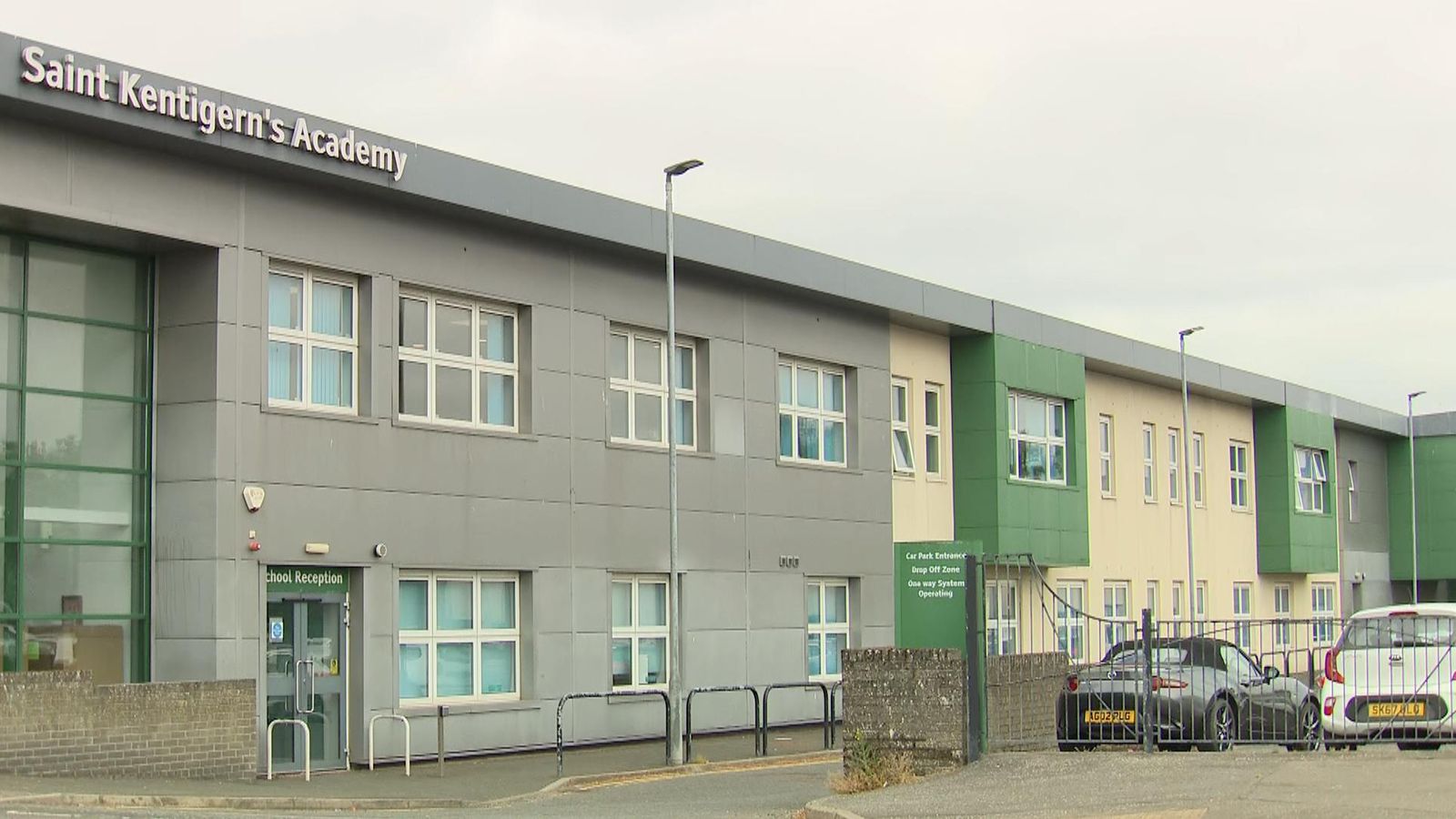Nurses will continue to strike in January if the government does not negotiate with them on pay, union leader Pat Cullen has told Sky News.
Ms Cullen, of the Royal College of Nursing (RCN), said it was “absolutely not true” that pay is a “tiny element” in the dispute as she hit out at “disparaging” remarks made by health minister Maria Caulfield.
She told The Take with Sophy Ridge: “Nurses are on the breadline, they can’t afford to pay their bills, some of them can’t even afford to travel to work for goodness sake. And yet you have a minister sitting here saying that it’s about all of the other things and not about pay. That is absolutely not true.”
Ms Caulfield, who is also a nurse, told Sophy Ridge that while pay is “obviously a concern” this was only a “tiny” reason for the strike action, which she claimed was more about working conditions.
But Ms Cullen said that while there are working conditions that need to be addressed, there are 50,000 nursing vacancies across the NHS and “pay is fundamental if we are going to try and keep the nurses we have and get more in”.
Nurses are set to strike for the first time in a century on Thursday in bid to secure above-inflation pay rises, after talks to avert the action ended in a deadlock on Monday.
Stephen Barclay, the health secretary, is refusing to negotiate with unions on pay because the government has accepted recommendations made by the NHS Pay Review Body (PRB) to give below inflation pay rises of around 4%.
Concerns raised over care of cancer patients during impending nurses’ strikes
Inflation-busting pay rises for public sector workers ‘unaffordable’, says minister
Strikes every day before Christmas – which sectors are affected and why
Moments before Ms Cullen came on air, the GMB union – which represents tens of thousands of health workers who are also due to strike – announced it was pulling out of the process used by the government to set NHS pay.
‘Trust lost in pay review process’
The NHS Pay Review Body is an advisory public body which takes evidence from government and unions before recommending a pay increase.
The government say it is “independent”, but the GMB disputes this and is suspending its participation until “substantial reforms are made”.
That means the union, which represents thousands of ambulance workers, paramedics, nurses and cleaners working in the NHS, will refuse to provide evidence to the board during next year’s pay negotiations.
“The credibility of the Pay Review Bodies is under greater strain than at any point in their 50-year history. Our members want to participate in a meaningful process, but the trust has been lost,” the union said.
The union said the PRB is not independent because ministers and government:
• Set the Review Bodies’ annual remits including the financial limits within which they are expected to work
• Appoint the Pay Review Body’s members – a process unions have no role in
• Provide the PRB’s secretariat
More strikes in 2023
Please use Chrome browser for a more accessible video player
Because of the PRB recommendations, nurses with the RCN have been offered a pay rise of at least £1,400.
But the union says this is not enough to make up for a decade of real-terms pay cuts, and they are asking for a pay rise of 5% above RPI inflation, so 19.2%.
The government has said that figure is “unaffordable” and Ms Cullen would not say what offer the RCN would accept if ministers were willing to negotiate.
“I am not going to negotiate on the airwaves and I don’t think any minister should reduce our profession to having to do that,” she told Sophy Ridge.
While nurses in England, Wales and Northern Ireland will strike tomorrow, the RCN has paused industrial action in Scotland to consider a revised pay offer of 7.5%, after First Minister Nicola Sturgeon agreed to negotiations.
Ms Cullen said more strikes were likely in January if the government sticks by its refusal to come to the table on pay.
“The ball is in their court quite frankly, there will be a second strike day on the 20 December.
“Unless we have talks and negotiate on behalf of my members – then I am afraid to say that’s a very strong possibility. We will be starting to look at when those dates will be. I am afraid they will continue into January.”
Read More:
Nurses leaving for better-paid jobs in shops because ‘they can’t afford to work for NHS’
Nurses are working the equivalent of one day a week for nothing
On the eve of the strike, Mr Barclay repeated his insistence that increasing the nurses’ pay offer would mean taking money from frontline services.
He added: “Our nurses are incredibly dedicated to their job and it is deeply regrettable some union members are going ahead with strike action.
“My number one priority is to keep patients safe – I’ve been working across government and with medics outside the public sector to ensure safe staffing levels – but I do remain concerned about the risk that strikes pose to patients.
“Nevertheless, the NHS is open and patients should continue to seek urgent medical care – and attend appointments, unless they’ve been contacted by the NHS.”








